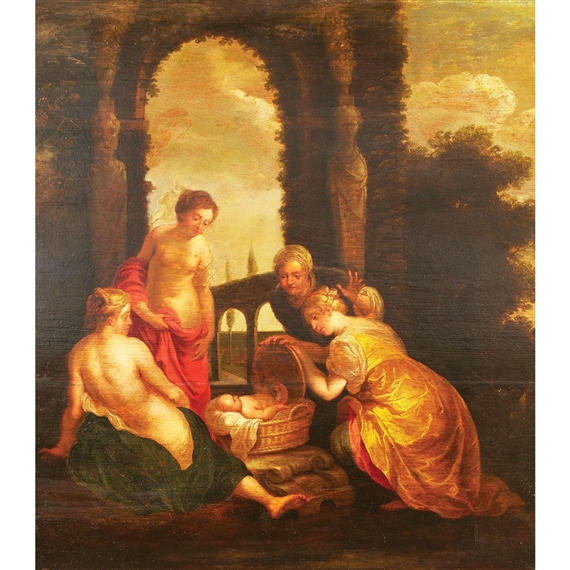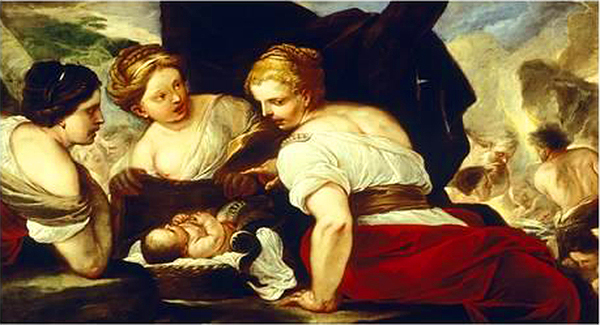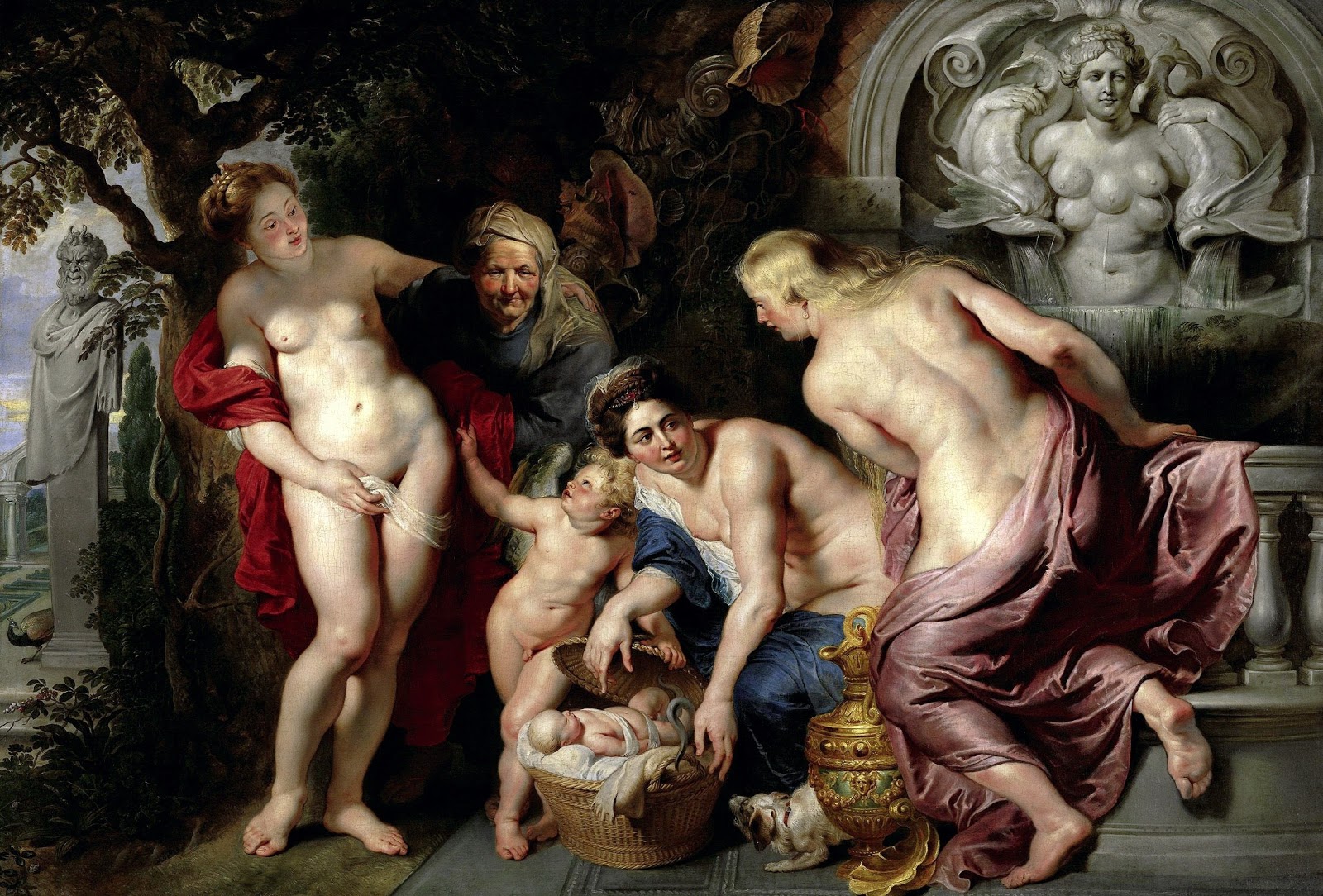Erichthonius
The mythical king of Athens with divine ancestry, whose name signifies "man of earth and fabric."
Erichthonius, a mythical king of Athens, is considered to be the son of Hephaestus and Athena. He is often depicted as half-human and half-serpent. Upon ascending the throne of Athens, he promoted the worship of his mother, Athena.

The story of Erichthonius is part of a broader set of myths designed to highlight Athens' political superiority over other regions of Greece. These myths aimed to demonstrate that the early leaders of Athens were "autochthonous," meaning they were literally born from the earth. This narrative sought to reinforce the idea that the founders of Athens did not migrate from other areas and that the city's greatness was not due to influences from other cities but originated from the land itself.
In many versions of the myth, the goddess Athena visits Hephaestus to request armor. Hephaestus, who had been abandoned by Aphrodite and was thus alone, tries to possess Athena for himself. In another version, Poseidon, in a dispute with Athena over the territory of Athens, loses and seeks revenge by prompting Hephaestus to assault Athena. Athena fiercely struggles to maintain her chastity, but a part of the fabric of her robe becomes soiled when it falls to the ground. The fertilization then occurs with the help of the earth. Thus, Erichthonius is born from this violent union of the two deities, and his name signifies that he was a being of both fabric and earth. Erichthonius is the grandson of Erechtheus, and his great-grandson is Aegeus, the father of Athens' greatest hero, Theseus.

After the birth of Erechtheus, Athena decided to hide him in a covered basket, possibly along with a serpent, and entrusted him to the virgin daughters of Cecrops, the first king of Athens. The maidens (Erse, Pandrosus, and Aglauros) were instructed not to open the basket. However, contrary to these instructions, they peered inside and saw a baby wrapped with a serpent. Because they violated the goddess’s will, according to the myth, Athena punished one of Cecrops' daughters by killing the serpent. In another version, the maidens went mad and jumped from the top of the Acropolis.
When Erechtheus grew up, he exiled Cecrops and assumed the throne. As king, he revived the wooden statue of Athena and placed it in the Erechtheion (as it would later be named), and also founded the Panathenaic Festival. During the Panathenian Festival, virgin girls, known as "Arrhephoroi" (the bearers of the sacred basket), were depicted in the myth as carrying covered baskets containing sacred objects from the Parthenon to an underground cave in the grove of Aphrodite.

According to legend, Erechtheus is credited with inventing the closed chariot, possibly to conceal the serpent-like lower half of his body. This form of his was later represented in the constellation of the Charioteer. On the ivory and gold statue of Athena in the Parthenon, Erechtheus is depicted as a serpent hiding behind the goddess’s shield. Most of the information about Erechtheus comes from the Roman grammarian Hyginus and the traveler Pausanias.